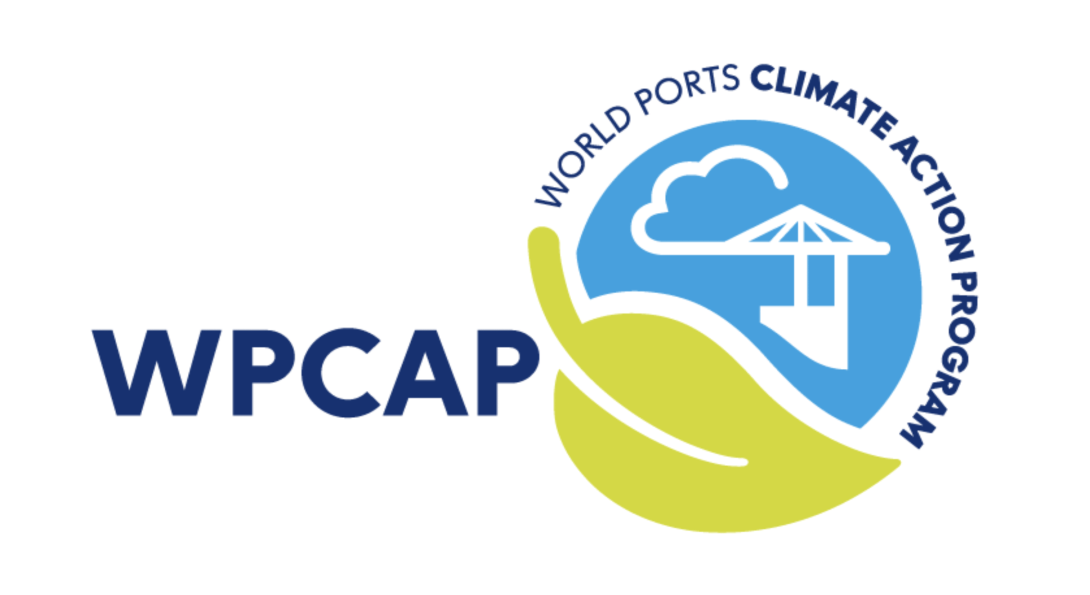Alternative fuels
The adoption and promotion of new alternative fuels, cleaner for the transport of goods and people, is one of the lines of action that will allow the Port of Barcelona to decarbonise the activity and improve the air quality in its surroundings.

bio-Fuels, e-Fuels or synfuels
Maritime freight transport is one of the most complex sectors to decarbonise, due to its high energy requirements resulting from long journeys at sea. The combustion of fossil resources represents around 70% of the emissions generated by port activity. Beyond the port, the maritime sector is responsible for 3% of global GHG emissions.
The strong conviction of the Port of Barcelona to decarbonise both its activity and that of its hinterland and foreland makes the implementation of alternative fuels a priority. There are several candidates for mainstream fuels: bio-Fuels (biomethane, biodiesel),e-Fuels (ammonia, methanol) or synfuels and it is expected that the maritime sector will use a mix of these:
- Bio-Fuels: fuels generated from organic matter. This can come from crops or waste, thus promoting a logic of circular economy. The port is studying the use of waste generated within it and even from its surroundings to supply a biogas plant.
- e-Fuels: these fuels have electricity and water as their main raw material, since they are generated through hydrogen. Once hydrogen is available, there are several possibilities, the two most relevant are ammonia (NH3) and methanol. Both can be generated with net zero emissions if the origins of the materials are green. The production of these fuels is expected in the port itself, which would generate synergies with the significant demand for its activities and its great photovoltaic potential.
- SynFuels: This third category is a possible path for the fuels generated with the previous two, in which they are subjected to a synthesis process to obtain a product equivalent to those currently used, but with zero emissions. The port participates in the SuPort project, in which an innovative synfuel generation process is developed that uses wastewater.
The introduction of new fuels is a complex task, as demonstrated by the adoption of LNG as a transition fuel. Infrastructures, specialised services, storage, distribution, operations and, above all, security protocols are needed. All of these will be developed in line with the Port's ambition to establish Green Freight Corridors.
On the other hand, the availability of these fuels will be scarce initially and for this reason the Port of Barcelona wants to be one of the first to be prepared to attract all the actors in the chain, both to source from foreign producers and to set up production facilities in the port itself.

LNG, transition fuel
Why natural gas?
Among other reasons, because it reduces nitrogen oxide (NOx) emissions by 50% and does not emit sulphur oxide particles. Liquefied natural gas (LNG) is the cleanest alternative promoted by the European Union with its Alternative Fuels Strategy for ships, heavy vehicles and terminal machinery. The use of natural gas also makes it possible to diversify energy sources and reduce dependence on oil.
Leading Suppliers
LNG is not only a solution to improve the air quality of our surroundings, but also an opportunity to position the Port on the large trade routes covered by ships that use it as propulsion fuel. The port's regasification plant guarantees supply and makes it the main hub for LNG bunkering to ships in the Mediterranean.
Projects with LNG as a protagonist




Decarbonisation goal
The Port of Barcelona joined the World Ports Climate Action Plan (WPCAP) programme in July 2018, an initiative in which the main ports of the world participate and whose goal is to encourage the port and maritime sector to decarbonise its activity.
One of the main initiatives of this programme is to support and facilitate the technological development of new fuels that do not emit carbon and, in addition, emit very low levels of pollutants into the atmosphere.





